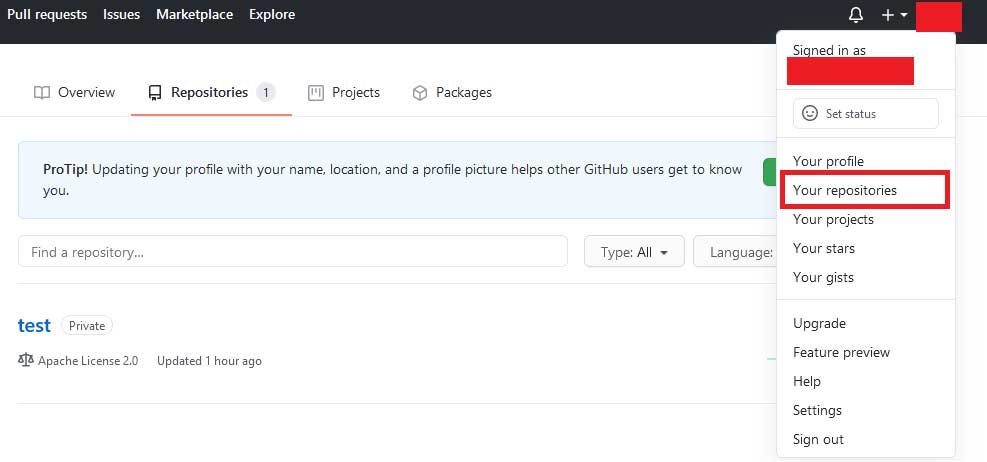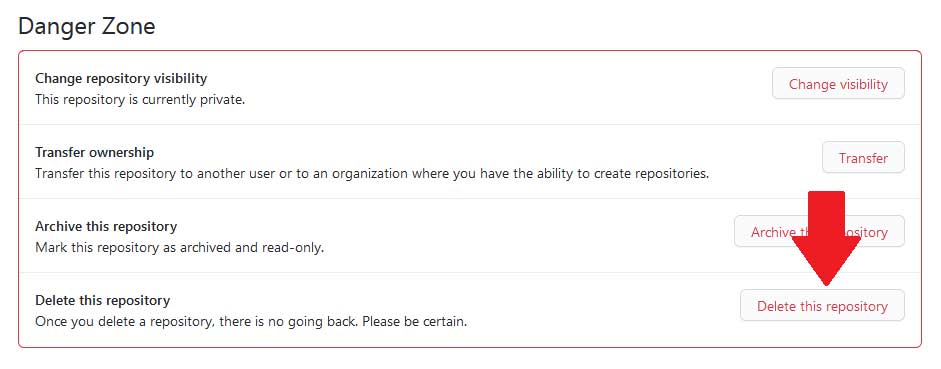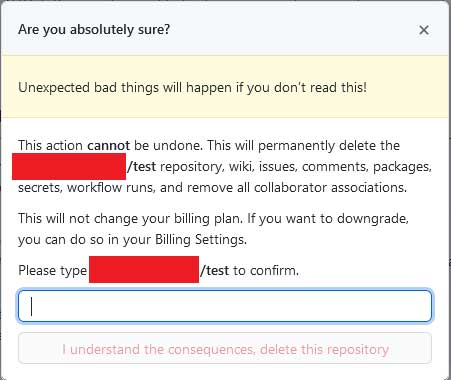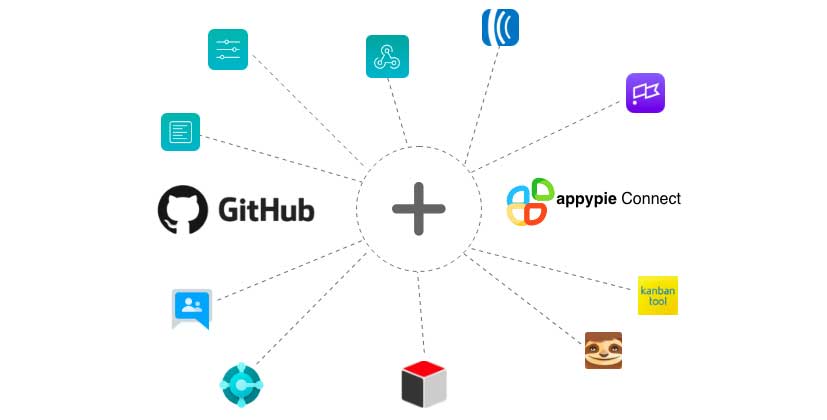How to Delete a GitHub Repository? A Step-By-Step Tutorial
GitHub provides a hosting environment for software development and version control using Git. The platform offers the distributed version control and source code management functionality of Git. With GitHub, users can showcase their projects online, and create new repositories for side projects. However, if you have too many repositories for your project, you can delete some of them, if you want.
What Should You Know About Deleting Repositories?
You can only delete a repository or fork, only if you’re the organization owner, or if you have admin privileges. You should keep a couple of things in mind when deleting a repository or a fork:
- If you delete a fork, it does not have any effect on the upstream repository. If you delete a private repository, all associated forks will be deleted. However, deleting a public repository will not have any effect on the forks.
- Once you’ve deleted a repository, there is no way to restore it.
How to Delete a Repository in GitHub?
Open GitHub, and log in to your account to start the deletion process. Then, click on your profile icon from the top-right, and select the “your repositories” option. Find the repository you want to delete, and click on the title. Then, click the Settings tab in the toolbar at the top.
Find the repository you want to delete, and click on the title. Then, click the Settings tab in the toolbar at the top.
Scroll to the Danger Zone section of the page and then click the “Delete this repository” button.
A pop-up will appear asking if you're sure you want to delete the repository. Enter your username/repository name of the repository in the text box and click the “I understand the consequences, delete this repository button”.
You can also archive the repository if you're not sure about deleting all data from the repository. From the same Danger Zone section, select Archive this repository. This will put the repository into a read-only mode, but other users will still be able to fork it. You can then go back to the repository's settings page and click on Unarchive this repository any time.
Once you have deleted the repository, you'll be redirected to the GitHub home page, and a banner at the top will inform you that the repository was successfully deleted.
Appy Pie Connect can help you integrate GitHub with 150+ apps to ease up your business process. This GitHub-Appy Pie Connect integration will help users interact with your GitHub with more than 150 apps without any coding. Appy Pie Connect enables you to integrate GitHub with hundreds of other apps, including Gmail, Slack, Trello, JIRA, Todoist, Google Sheets, OmniFocus, Basecamp 3, Typeform, Asana, Zendesk, and more in just a few minutes.